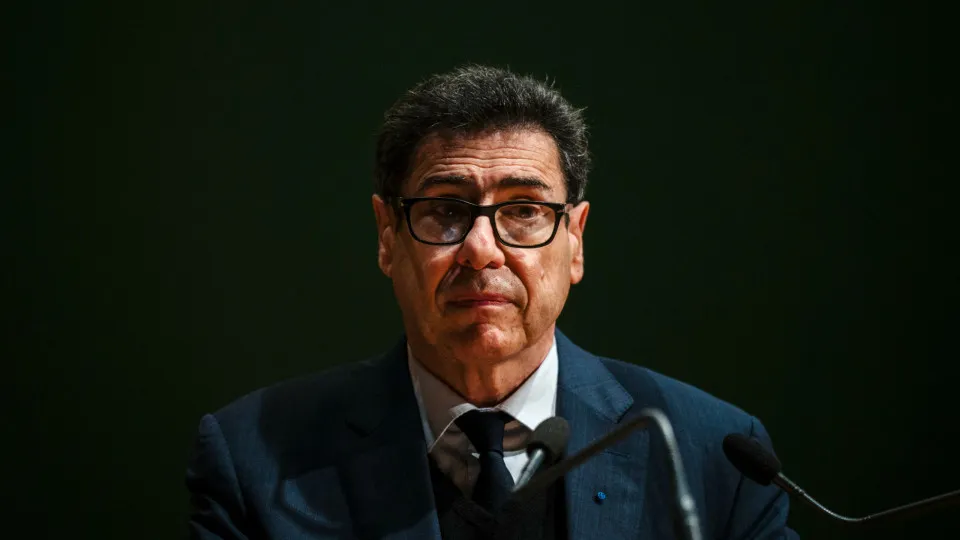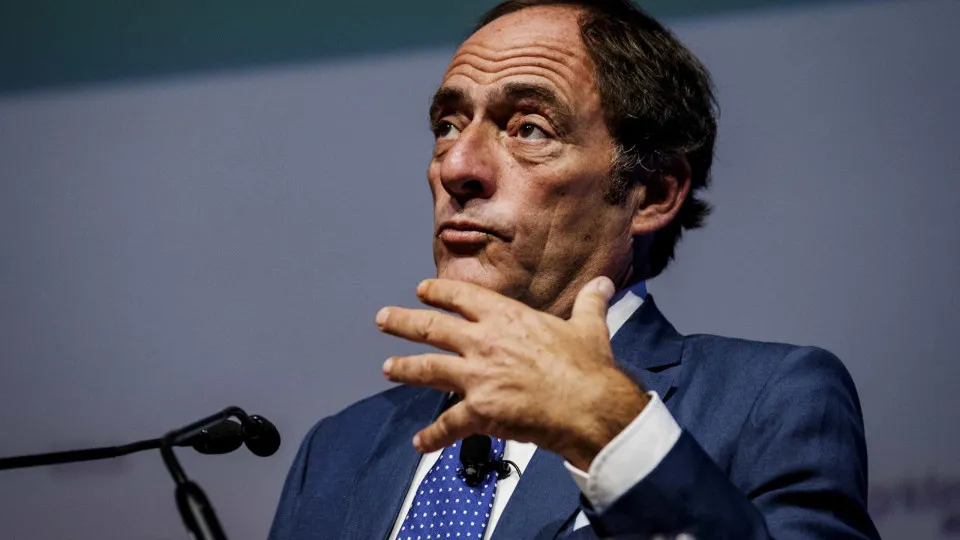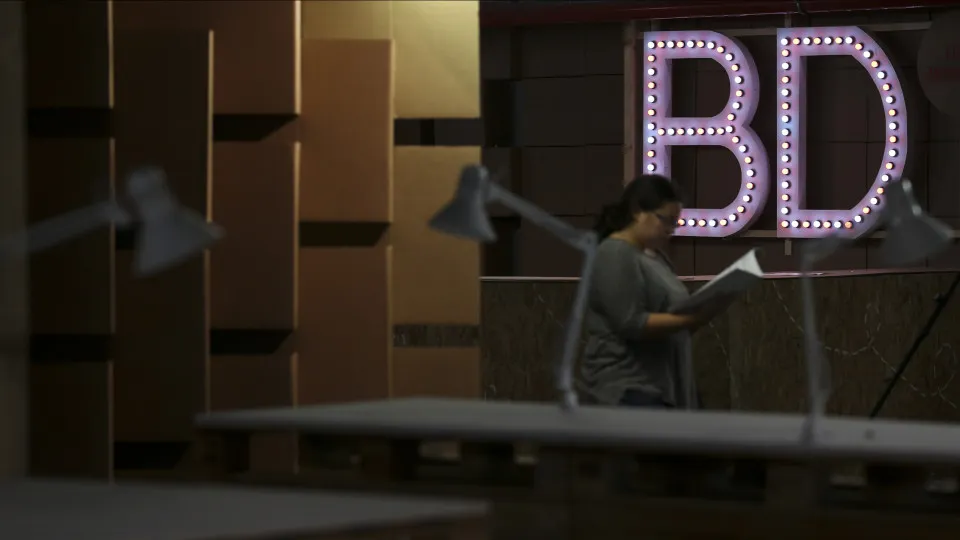
The green agenda “will, like Artificial Intelligence, be one of the major sectors that will generate new jobs,” in addition to combating global warming, he states.
For Aghion, this goal can be achieved with “a mix of carbon pricing and carbon taxes on one hand, and a green industrial policy on the other. It’s a bit like the carrot and stick approach.”
Days before being awarded the Nobel Prize in Economics, alongside Peter Howitt and economic historian Joel Mokyr, Philippe Aghion was interviewed via video call by the president of the Competition Authority (AdC), Nuno Cunha Rodrigues, and administrator Ana Sofia Rodrigues.
The interview will be shown during the VII Lisbon Conference on Competition Law and Economics, taking place today and Friday at the Lisbon Congress Center.
Noting that Europe “has set too many prices and taxes on carbon, but not enough green industrial policy,” Aghion contrasted the examples of the US and China, countries that have adopted the right measures and are now experiencing “a lot of green innovation.”
“We must not lose the race. We need to compete with them,” he said, arguing that the two instruments – pricing and taxes and industrial policy – must always be “side by side.”
“Global warming is very much linked to growth, but of course my conclusion is not that we should have degrowth, because we know what degrowth means for developing countries. It means hunger and poverty,” he concluded.
Philippe Aghion was awarded the Nobel Prize in Economics, together with Canadian Peter Howitt, for the “theory of sustained growth through creative destruction.”
He is a professor at the Collège de France and INSEAD in Paris, and a visiting professor at the London School of Economics and Political Science (LSE) in London.
He has also held significant academic positions at University College London (UCL), the University of Oxford in the UK, MIT, and Harvard University in the US.
In France, he was one of the chief economic advisers to President Emmanuel Macron during his first election period.




